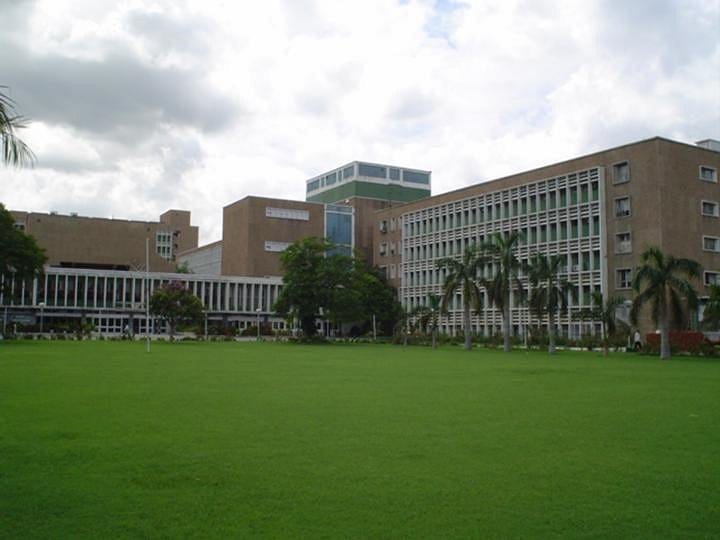
A grave warning has been issued by doctors at the All India Institute of Medical Sciences (AIIMS) about the sheer number of people with dangerous levels of environmental toxins in their systems.
AIIMS physicians tested 216 severely ill patients for whom there was no clear reason behind their ailment. Of these, 32 (14.8 percent) displayed concerningly high levels of pollutants ranging from arsenic to chromium to lead. The finding is prompting doctors at AIIMS to continue the practice for the foreseeable.
“To establish the cause and effect between these toxins and the diseases, we plan to screen all patients with illnesses of unknown origin for heavy metals and other environmental toxins,” explained AIIMS’s Dr A. Shariff, a professor of anatomy and founder of AIIMS’s clinical ecotoxicology lab.

Environmental toxins are an issue of mounting concern in India, with recent years seeing exposure to toxins such as heavy metals proliferate in everyday life. This is having manifold health effects, particularly in terms of how often contaminants such as heavy metals find their way into food and drink. Groundwater reserves in numerous parts of the country are becoming heavily polluted with numerous toxins, rendering these sources virtually unsafe for human consumption.
A report published earlier this year in News Security Beat – the blog of the Environmental Change and Security Program – points out that “the widespread use of untreated wastewater…to grow a considerable portion of India’s food supply, coupled with current inaction from officials, has converged to produce, say some scientists, a toxic time bomb.” Such wastewater is polluted with a range of toxic effluents, many the result of industrial activity. As an example, vegetables grown on the Yamuna floodplains were found earlier this year to be contaminated with lead in high doses. Consumption of these vegetables over an extended period of time can lead to numerous health complications, including organ failure and cancer.
Vigilance against these toxins is of great importance whilst research into them is vital. To this end, AIIMS became home to its clinical ecotoxicology facility studying the effects of environmental pollutants in air, food, and water in August this year.
“So far, there has been no such facility in India, and probably in the world. This facility will engage in interdisciplinary research and will help diagnose patients suffering from various illnesses, which may have been caused by heavy metals,” said Dr Shariff at the time. “That a large number of people die of such contaminants has been borne out by a study done by Lancet, which said that these pollutants are responsible for about nine million early deaths across the world. Over ninety percent of these deaths occur in low to middle per capita income countries, like India.”
The recent data validates and reinforces the need for such research, which is imperative at a time when India’s environmental health is in dire straits.
“Our aim is to spot trends involving patients belonging to specific areas, who have high levels of a certain toxin, and find the source,” said AIIMS director Dr Randeep Guleria. “If we can establish this link, people in the area can be made aware of it. They can be warned about the polluted water source and local administration can take policy decisions to make safe water available.
“If we can show through research the cause and effect relationship between environmental toxins and illnesses such as lung cancer, policymakers and the public will take the threat of pollutants more seriously and act to reduce it. That is our hope.”

